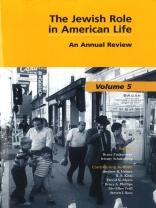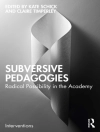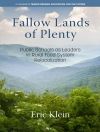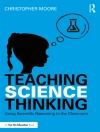The relationship between Jews and the United States is necessarily complex: Jews have been instrumental in shaping American culture and, of course, Jewish culture and religion have likewise been profoundly recast in the United States, especially in the period following World War II. A major focus of this work is to consider the Jewish role in American life as well as the American role in shaping Jewish life. This fifth volume of the Casden Institute’s annual review is organized along five broad themes-politics, values, image, education and culture.
Tabla de materias
ACKNOWLEDGMENTS
INTRODUCTION
CHAPTER ONE: POLITICS
The Politicization of Hollywood before World War II: Anti-Fascism, Anti-Communism, and Anti-Semitism, by Steven J. Ross
CHAPTER TWO: VALUES
“Farther Away from New York”: Jews in the Humanities after World War II, by Andrew R. Heinze
CHAPTER THREE: IMAGE
How to Reach 71 in Jewish Art, by R. B. Kitaj
R. B. Kitaj and the State of “Jew-on-the-Brain” David N. Myers
CHAPTER FOUR: EDUCATION
Summer Camp, Postwar American Jewish Youth and the Redemption of Judaism, by Riv-Ellen Prell
CHAPTER FIVE: CULTURE
Faultlines: The Seven Socio-Ecologies of Jewish Los Angeles, by Bruce A. Phillips
ABOUT THE CONTRIBUTORS
ABOUT THE USC CASDEN INSTITUTE
Sobre el autor
Bruce Zuckerman is a professor of Religion at USC, teaching courses in the Hebrew Bible, the Bible in Western Literature, the Ancient Near East, and Archaeology. Professor Zuckerman received his Ph.D. in ancient Near Eastern Languages from Yale University.
Jeremy Schoenberg holds a Bachelor of Music in Vocal Arts from USC and a Master of Music in Voice/Opera from California State University, Northridge. As a singer, he has toured nationally and has sung in venues, both Jewish and secular, throughout Los Angeles.












